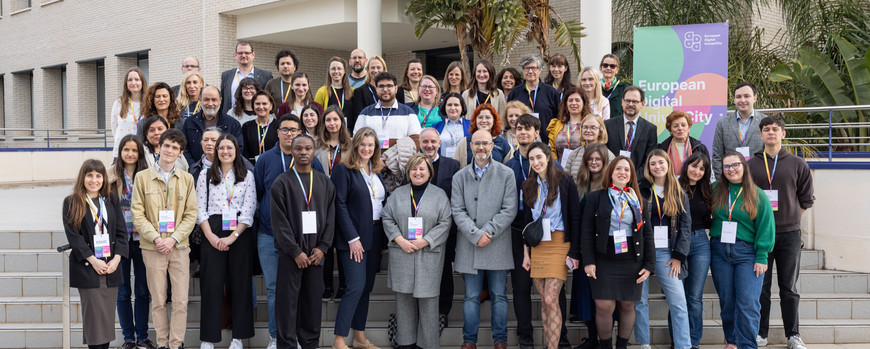EDUC - The European Digital UniverCity

EDUC – the European Digital UniverCity – is an alliance of eight European universities shaping the university landscape of tomorrow: digital, connected, inclusive, and sustainable. The alliance brings together universities from seven countries – including the University of Potsdam – and creates a shared European space for education and research, benefiting students, academics, researchers, and staff alike.
Who We Are
EDUC connects the universities of Potsdam (Germany), Cagliari (Italy), Brno (Czech Republic), Pécs (Hungary), Paris-Nanterre (France), Rennes (France), Jaume I (Spain), and Southeast Norway. Together, they form a transformative alliance that transcends geographical, linguistic, and disciplinary boundaries. The focus lies on digitalisation, inclusion, mobility, and European cooperation.
Our Vision
EDUC is building an open, diverse, and digital university landscape – accessible to all: students, researchers, university staff, citizens, businesses, and civil society organisations. We see digitalisation as a catalyst for a fairer, more sustainable, and more interconnected European higher education area. EDUC promotes multilingualism, equal opportunities, cultural diversity, and accessible mobility – and thereby fosters an open European identity.
